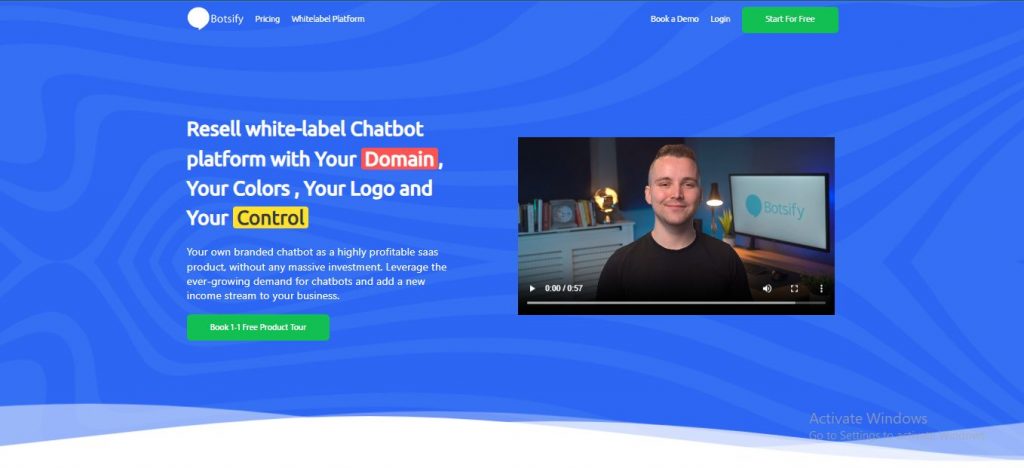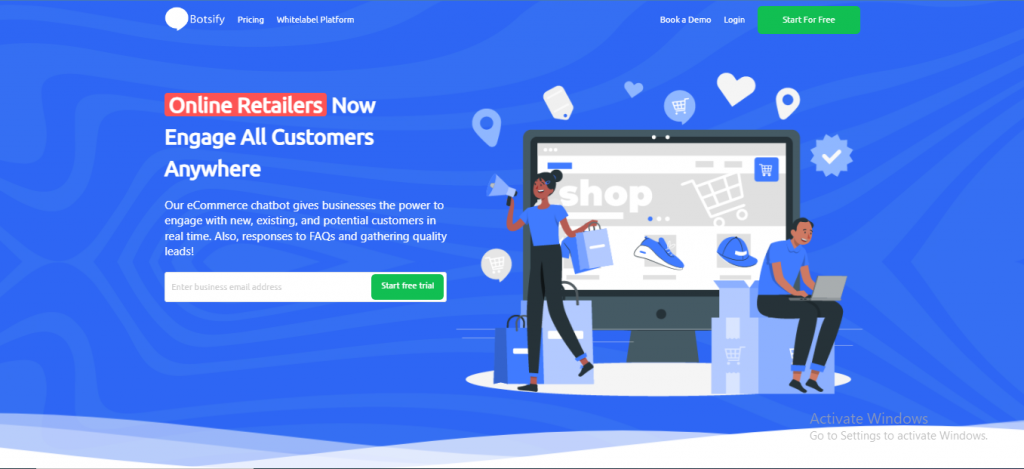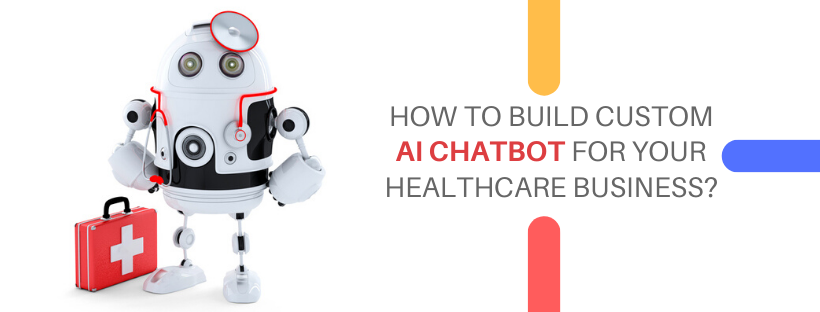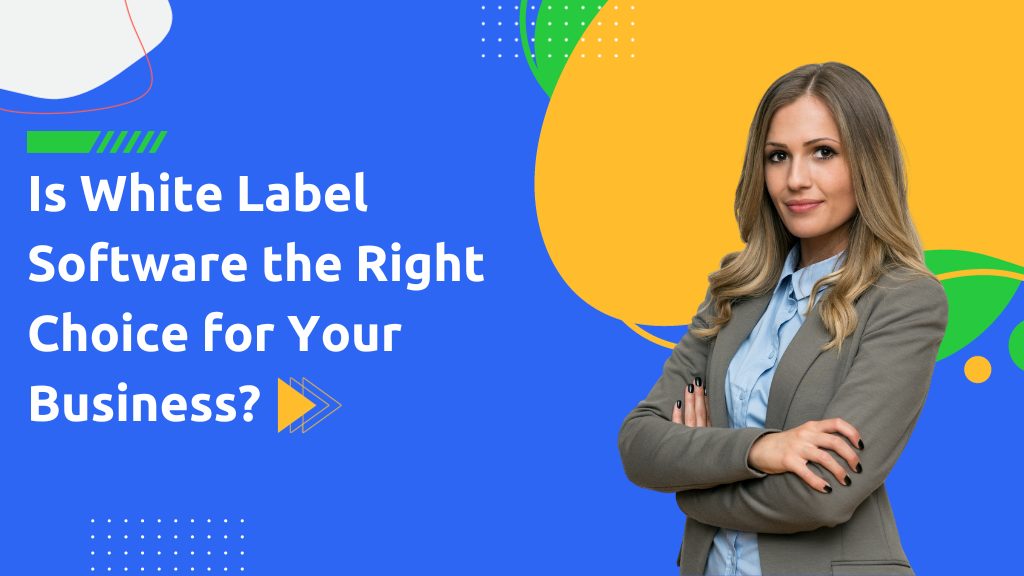In the dynamic landscape of technology and business, companies are constantly looking for ways to stay competitive, efficient, and cost-effective. One strategy that has gained significant traction in recent years is the adoption of white label software. But is white label software the right choice for your business? In this article, we’ll explore the concept of white label chatbot platform, its benefits, considerations, and real-world case studies to help you make an informed decision.
What Is White Label Software?
White label software is a ready-made software solution developed by one company and rebranded by another to make it appear as if it’s their own product. Essentially, it’s like buying a generic product and labeling it with your brand’s name. This allows businesses to offer software services without investing time and resources in building the software from scratch.

Benefits of White Label Software
Cost-Effective Solution
One of the primary advantages of white label software is cost-effectiveness. Developing software in-house can be expensive, but with white label solutions, you save on development costs and can allocate resources more efficiently.
Faster Time-to-Market
Launching a new product or service can be time-consuming. White label software expedites the process, allowing your business to get to market faster, gaining a competitive edge.
Focus on Core Competencies
By using white label software, your team can focus on what your business does best. You don’t have to divert your resources into software development, which might not be your core competency. For any custom functionality, you can hire C# developer to implement features efficiently while keeping the team focused on core business activities. In practice, many businesses complement white label platforms with external expertise such as Azumo’s artificial intelligence development services, as well as teams from providers like Toptal or ThoughtWorks, to handle advanced AI customization while internal teams remain focused on strategy and growth.
Branding and Customization
White label software can be customized to match your brand identity. You can add your logo design, and color schemes, and even tweak functionalities to meet the specific needs of your customers.
Considerations Before Choosing White Label Software
Before jumping into the white label software market, there are some important considerations to keep in mind:
Market Research
Understanding your target audience and their needs is crucial. Make sure there is demand for the software you intend to offer.
Scalability
Consider whether the software can grow with your business. Scalability is key to ensuring you can meet increasing customer demands.
Vendor Reputation
Research the reputation of the software provider. Look for reviews, customer feedback, and their track record in the industry.
Support and Updates
Ensure that the vendor offers adequate support and regular updates for the software to keep it relevant and secure.
Industries Utilizing White Label Software
White label software is widely used in various industries, including:
E-commerce

There is some chatbot for eCommerce that can be integrated through E-commerce chatbot platforms often utilizing white label solutions for their shopping carts, payment gateways, and inventory management systems. E-commerce platforms often utilize white label solutions for their shopping carts, payment gateways, and inventory management systems.
Digital Marketing
Marketing agencies rely on white label software for SEO, email marketing, and social media management tools.
Healthcare

Healthcare providers use white label telehealth and patient management software to enhance patient care.
Case Studies of Successful White Label Software Implementation
To illustrate the effectiveness of white label software, let’s look at a couple of case studies:
- Email Marketing Solution: A small marketing agency adopted a white label email marketing solution, allowing them to offer professional email campaigns to their clients. This move increased their revenue by 30% in the first year.
- Telemedicine Platform: A telehealth startup utilized white label software to quickly launch their platform. They gained a competitive edge and attracted a large customer base within a short time.
Generate More Leads With Website & Messenger Chatbots
Gather quality leads on autopilot and 10x your ROI with automated chats
How to Select the Right White Label Software
Choosing the right white label software for your business is crucial. Here are the steps to guide you:
Evaluating Your Needs
Identify the specific needs and goals of your business. Choose software that aligns with your objectives.
Vendor Comparison
Research multiple software vendors and compare their offerings, pricing, and reputation.
Customization Options
Select software that allows for sufficient customization to meet your brand and customer requirements.
Risks and Challenges
White label software offers numerous custom brand tools and can be customized to match your brand identity.
Dependency on Vendor
Your business relies on the software provider for updates and support, which can be a vulnerability if the vendor experiences issues.
Limited Customization
While white label software is customizable, it may not meet every unique requirement of your business.
Success Stories of Businesses Using White Label Software
Many businesses have found success with white label software. One notable example is a software reseller who increased their revenue by 50% within a year by offering a range of white label solutions to their clients.
The Future of White Label Software
As technology continues to evolve, the white label software market is expected to grow. Businesses will increasingly turn to white label solutions to streamline their operations meet the ever-changing needs of their customers and boost customer support.
Conclusion
Is white label software the right choice for your business? The answer depends on your specific goals, budget, and the needs of your customers. When chosen wisely and integrated effectively, white label software can be a game-changer for your business, helping you stay competitive and innovative in a fast-paced market.
FAQs
-
What industries benefit the most from white label software?
White label software is used across various industries, including e-commerce, digital marketing, and healthcare, to streamline operations and enhance customer experiences.
-
Is white label software customizable to match my brand?
Yes, white label software can be customized to align with your brand identity, including adding your logo, color schemes, and even tweaking functionalities.
-
What are the primary advantages of white label software?
The primary advantages include cost-effectiveness, faster time-to-market, the ability to focus on core competencies, and branding and customization opportunities.
-
Are there any risks associated with white label software?
Potential risks include dependency on the vendor for updates and support, as well as limited customization options.
-
How can I choose the right white label software for my business?
To choose the right white label software, evaluate your business needs, compare vendors, and ensure the software offers sufficient customization options to meet your brand and customer requirements.
Are You Ready To SkyRocket Your Business With Our AI Chatbots
Click The Button Below And Gather Quality Leads With Botsify

